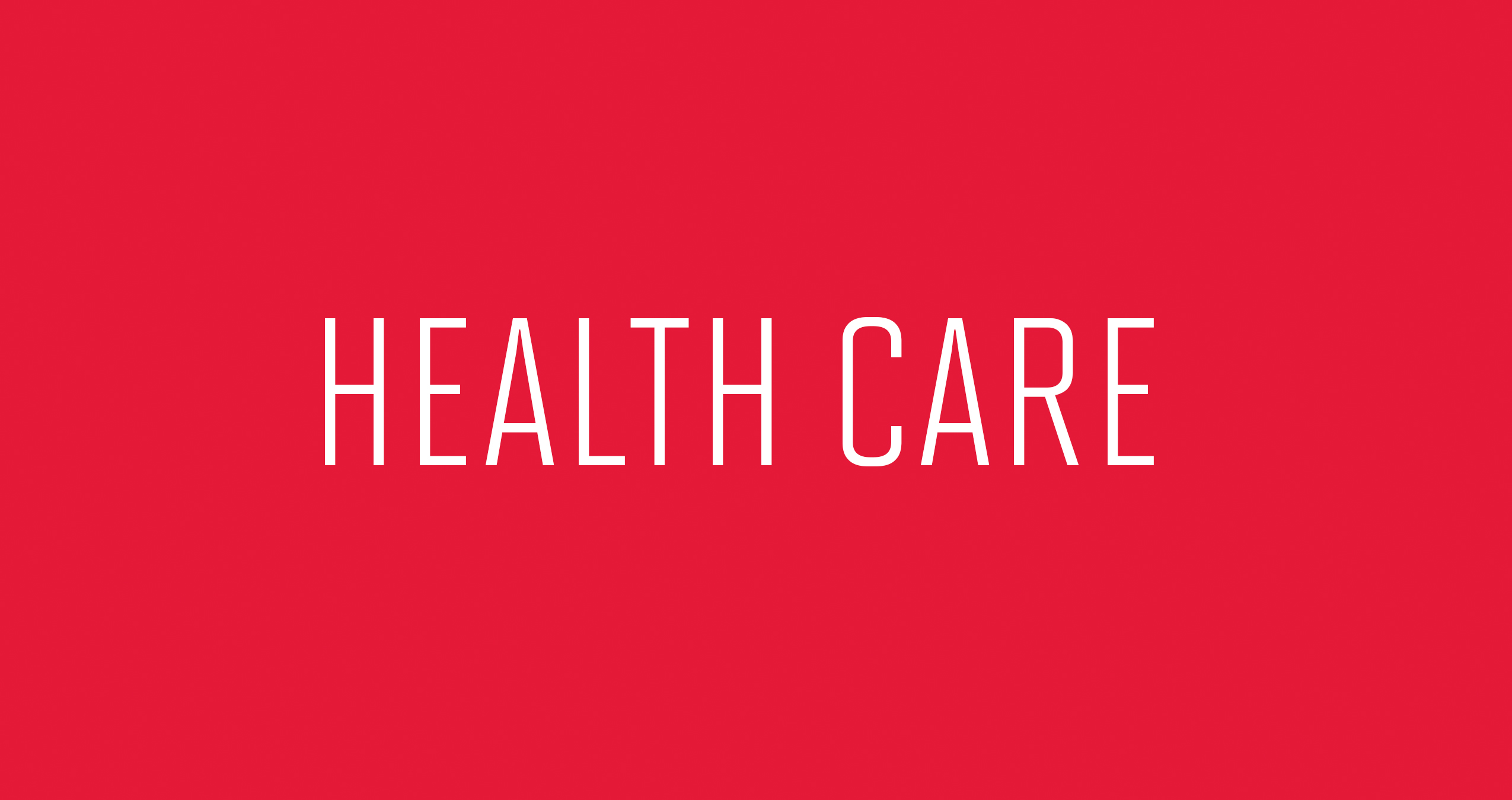Views expressed in opinion columns are the author’s own.
Health care, it would appear, is complicated. Last week’s withdrawal of the American Health Care Act — decided after a barrage of criticism from both sides of the aisle — puts to bed a strange seven-year saga of public policy, partisan politics and petulance. As we move forward into a future where the Affordable Care Act remains the “law of the land,” it’s worth looking back and seeing what we can glean from the past years of health care squabbles.
Lesson 1: The fact that the ACA exists at all is a testament to our last president.
Former President Obama made the Affordable Care Act an absolute domestic priority during his terms in office. His dogged, relentless commitment to the design, execution and implementation of the bill is responsible for its existence today. Getting such a controversial piece of legislation through a divided Congress is no small feat, and while the jury is still out on the long-term effects of the ACA, the fact that it passed at all is a testament to the president who spent years throwing all his political capital into its affirmation. Our current president, in comparison, seemed remarkably uninterested in the AHCA’s nuts and bolts. That lack of sustained commitment deserves part of the blame for its failure.
Lesson 2: The government’s role in health care is expanding.
Perhaps the best sign I’ve ever seen at a political rally, purely for its irony, was “Government hands off my Medicaid!” Aside from the fact that Medicaid is a government program, the sign illustrates a larger concept: What people want with regards to their own health care and what they believe about health care in general are often two different things. Whether the federal government should have a role in regulating the health care industry is hotly debated. What’s indubitable, though, is that last week’s reaffirmation of the ACA prompted more states to expand Medicaid. Perhaps that’s because of fear that states might fall behind and get left behind when it comes to federal support for such programs. But certainly, current convention holds that the federal government has a role to play in health care. That role is expanding.
Lesson 3: Trade-offs are part of the game. If it sounds too good to be true, it probably is.
Health care is incredibly complex. The Affordable Care Act is nearly 2,000 pages long, excluding subsequent regulatory guidelines and clarifications. Our current president’s campaign promise of better plans at lower prices belies his background as an ostensibly successful businessman. Health care is a business, and money to pay for it has to come from somewhere. Want to subsidize care for at-risk population groups but axe the ACA’s individual mandate? Supply another payment method. Policy is hard enough. Political agendas further muddle the picture. The name of the game is trade-offs, and it bears a reminder that there’s no perfect solution.
Lesson 4: Our health care system is extremely inefficient and unproductive compared to that of most other developed nations, and the status quo is probably unsustainable.
Here’s the big question: When we spend money on health care, does that money go toward ensuring we live longer, healthier lives? In the United States, the data don’t conclusively say yes. We get less for our health care dollar than most other places on Earth. In fact, we spend about twice as much as most developed countries for a worse result. One cannot ignore the psychosocial context in which people live, of course, but the fact remains; our system is not effective, particularly for those below the poverty line. The AHCA may have been a disastrous proposal, and the jury is still out on the ACA, but it’s auspicious that policymakers are trying to shake up the status quo because it’s not working.
Jack Siglin is a senior physiology and neurobiology major. He can be reached at jsiglindbk@gmail.com.



